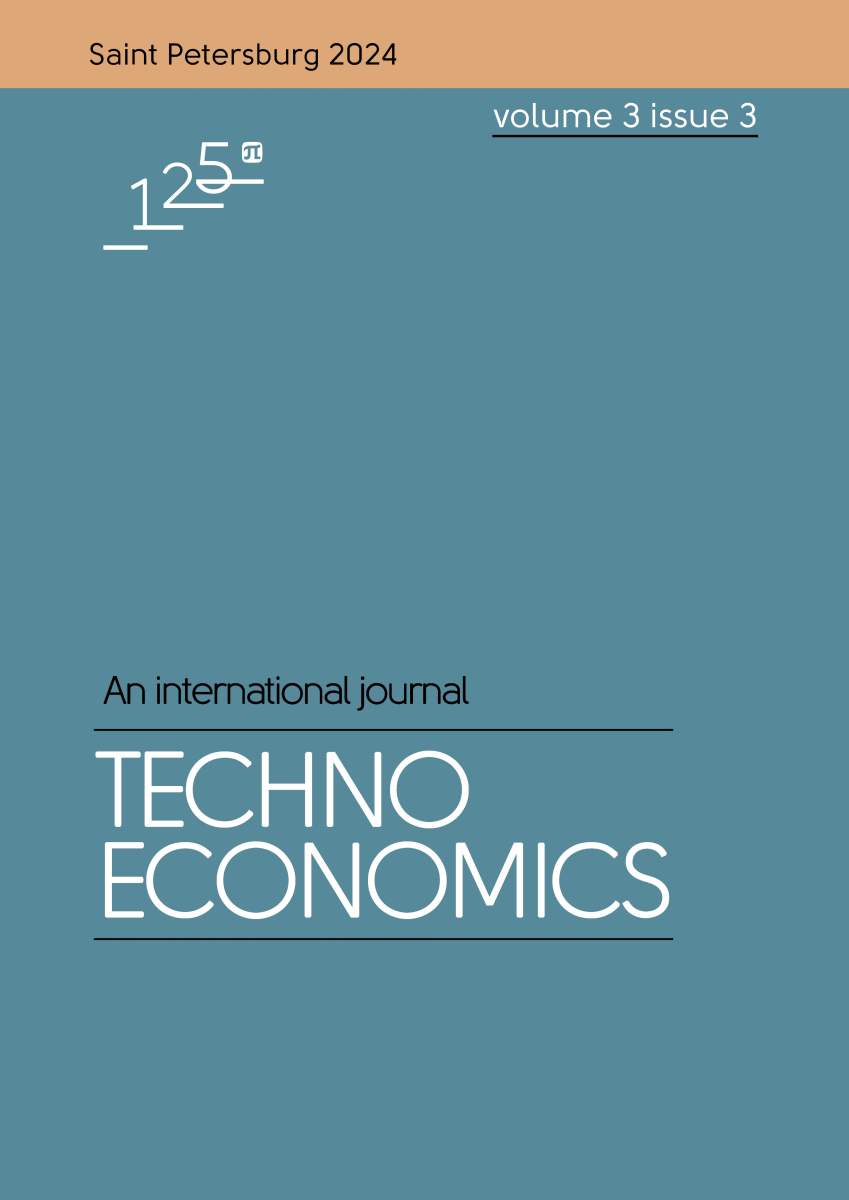Technological independence and import substitution in the implementation of energy projects in the Arctic
Existing macroeconomic challenges, existing sectoral restrictions, including a ban on working with Russian energy companies for most Western equipment manufacturers and suppliers, the proclaimed course for the full-scale development of the Arctic have led to the emergence of a number of industrial and technological challenges, the successful overcoming of which largely determines the possibility of independent implementation of ambitious projects . The efficient and safe implementation of projects in the Arctic requires science and industry to create fundamentally new technical and technological solutions, often comparable in complexity to technologies for the space industry or nanotechnologies. Currently, there are about 30 smart fields in Russia, which already provide almost a third of all hydrocarbon production. Maintaining leadership positions in the development of Arctic resources requires the state to pursue its own technological policy and develop a national standardization system, which will lead to a change in the engineering culture in the country. It is obvious that the implementation of programs aimed at avoiding import dependence as soon as possible and achieving technological sovereignty requires the consolidation of actions at all levels of government: from the executive and legislative authorities to energy companies, industry associations, unions and business communities.


